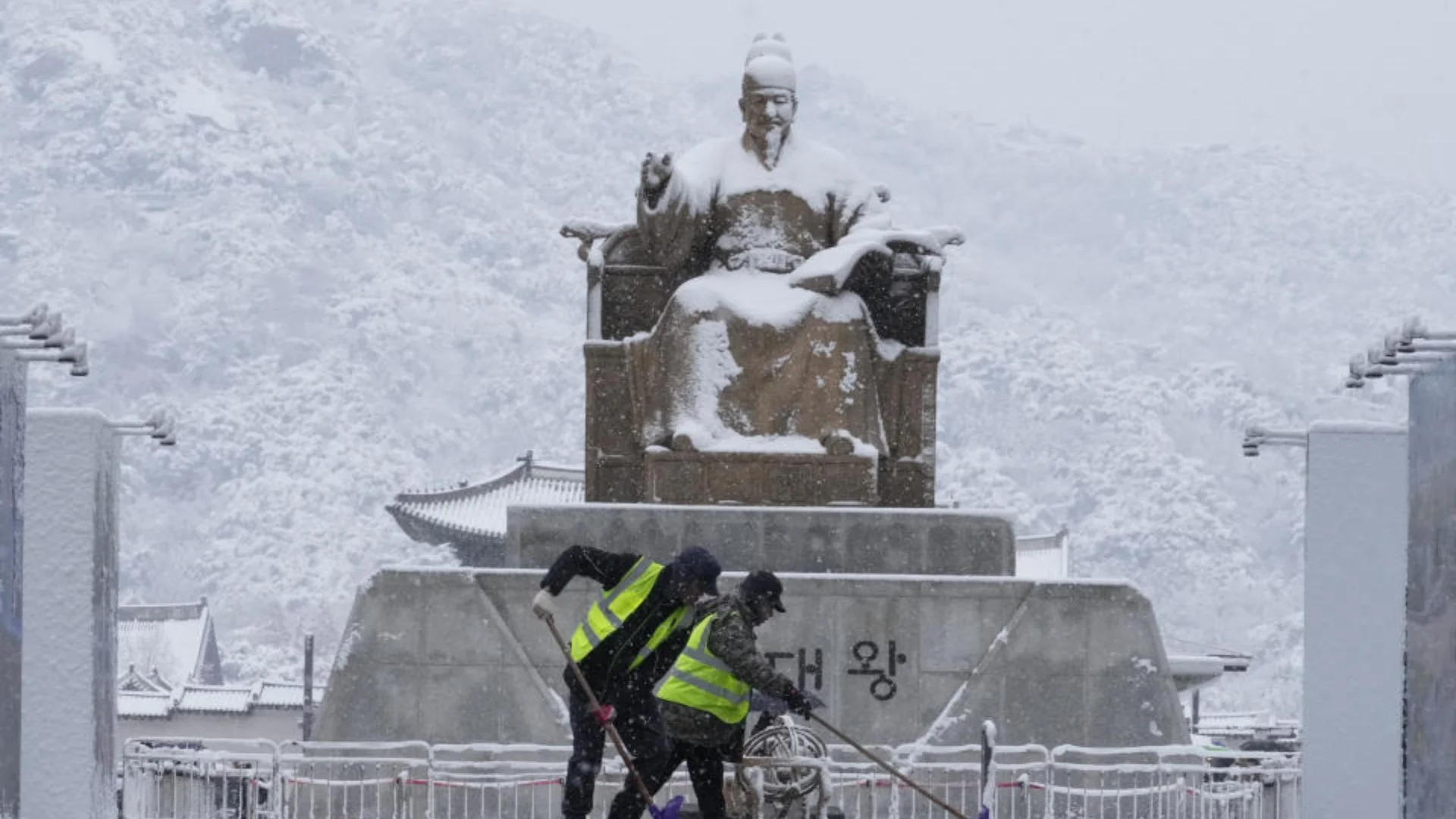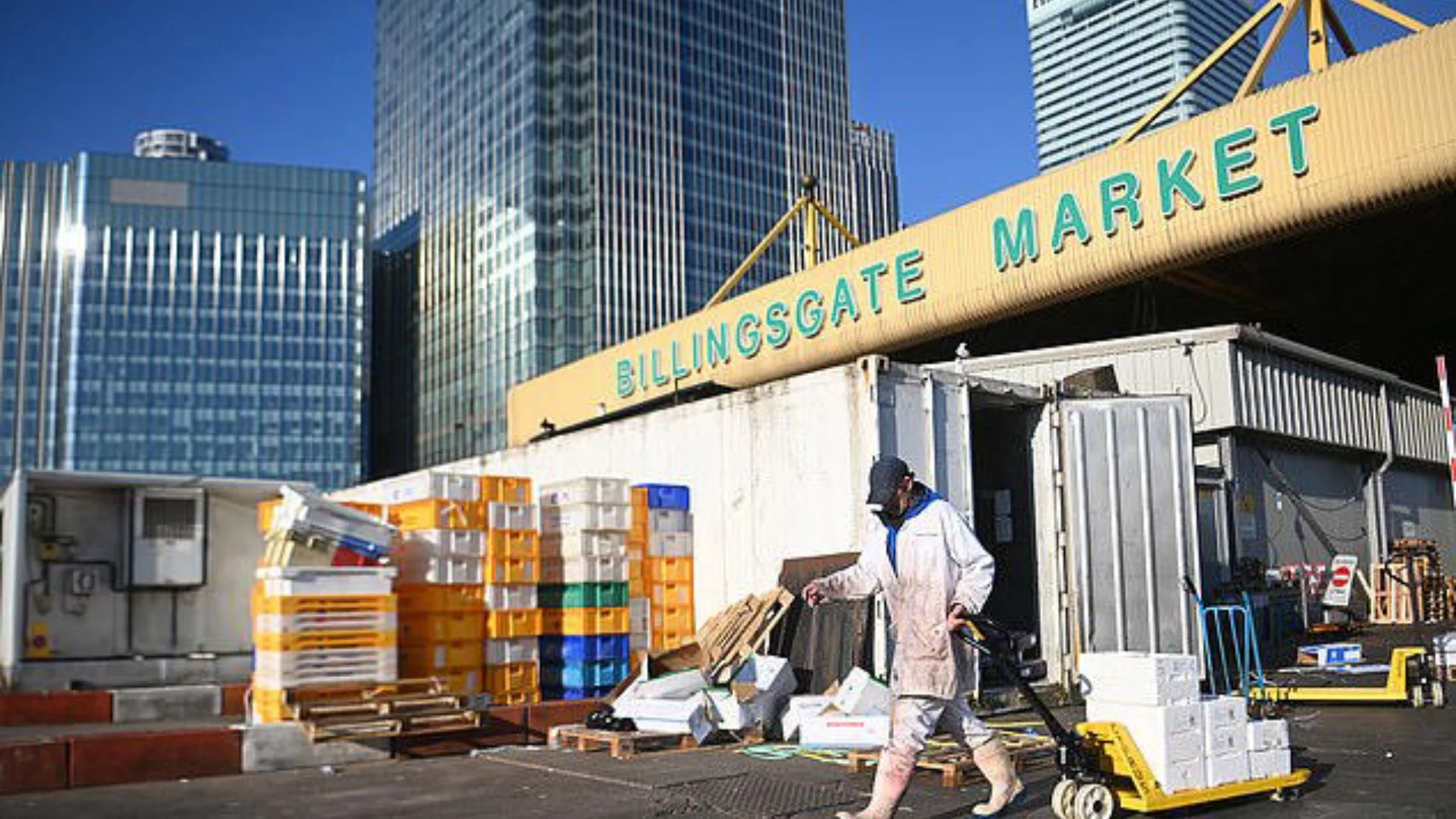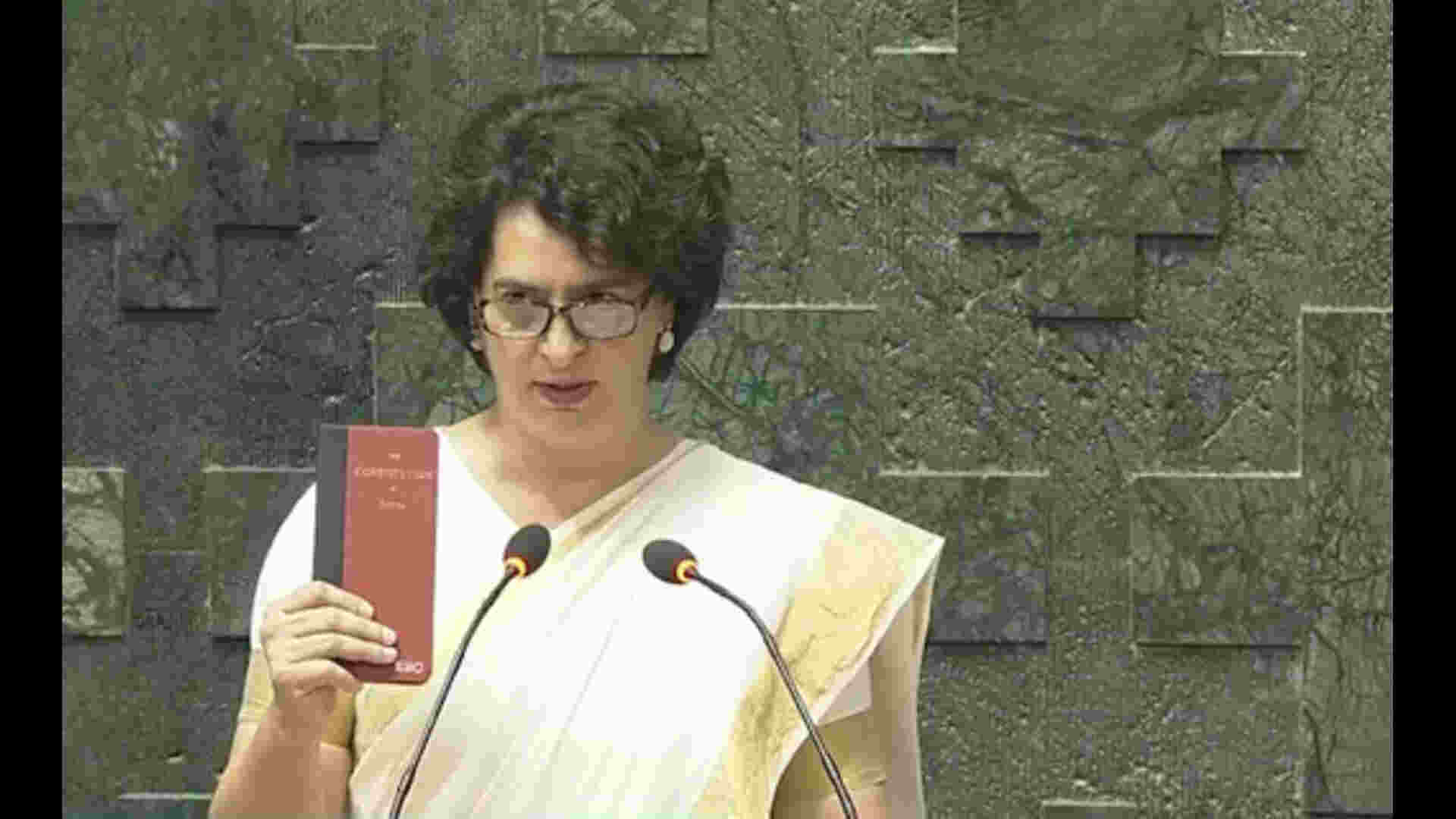
South Korea continued to face severe winter weather for a second day on Thursday, as heavy snowfall disrupted travel and caused multiple fatalities. The storm, which brought one of the heaviest snowfalls in Seoul since records began in 1907, left at least four people dead and forced widespread cancellations of flights and ferry services.
According to the Yonhap news agency, citing Seoul’s meteorological data, this winter’s snowfall ranks as the third-heaviest in the city’s history. By 8 a.m. Thursday, parts of the capital were blanketed by more than 40 cm (16 inches) of snow. This led to over 140 flight cancellations, although heavy snow warnings in Seoul’s metropolitan area were lifted by 10 a.m.
The snowstorm proved deadly, with one fatality and two injuries reported at a golf range where a snow-laden net collapsed on Wednesday night. Another person was killed when a protective tent in a car park gave way under the weight of snow. Additionally, two people died in traffic accidents east of Seoul, with police reporting that 11 others were injured in a 53-vehicle pile-up on a highway in Wonju, Gangwon province.
Seoul’s Incheon Airport bore the brunt of the travel chaos, as passengers faced delays averaging two hours. According to flight tracking service Flightradar24, 14% of flights were delayed, and 15% were cancelled on Thursday. Meanwhile, ferry operations were halted on 76 routes, affecting 99 vessels, and local media reported train delays.
In response to the extreme weather, schools in Gyeonggi province, which borders Seoul, were granted permission to close for the day.
The unusually early and intense snowfall is being attributed to the interaction between warmer-than-usual seawater temperatures off the Korean peninsula and cold air currents. Neighboring North Korea also experienced heavy snow, with some regions receiving over 10 cm (4 inches) of accumulation between Tuesday and Wednesday, according to state broadcaster Korean Central Television.
Authorities continue to monitor the situation as conditions gradually improve.














